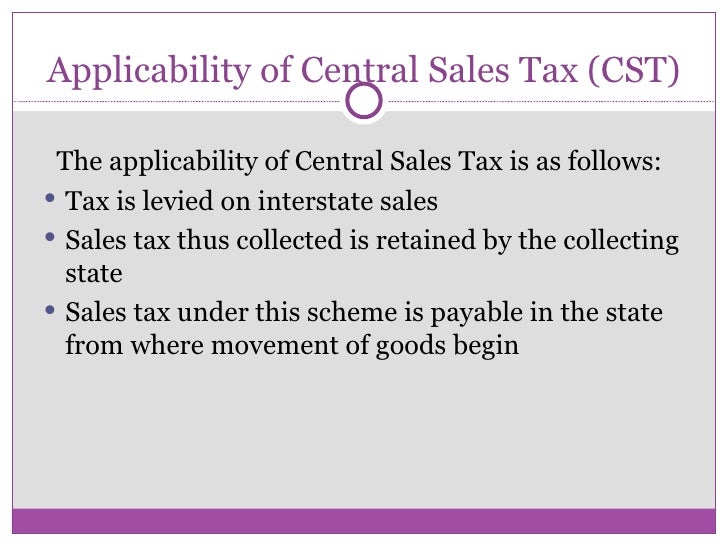Welcome to the ultimate guide to unlocking the treasures of business finance! In today’s fast-paced and competitive world of commerce, understanding the intricacies of business finance is essential for achieving financial success. Whether you are a seasoned entrepreneur or just starting on your business journey, this comprehensive guide will provide you with the knowledge and insights needed to navigate the complex landscape of business finance.
Financial management lies at the heart of every successful business, allowing you to make informed decisions, optimize resources, and seize profitable opportunities. From understanding financial statements to managing cash flow, this guide will cover all aspects of business finance, equipping you with the tools necessary to drive growth and secure long-term sustainability.
Furthermore, we will explore the often-overlooked area of business tax law, shedding light on the legal obligations and best practices that can minimize your tax burden and effectively manage compliance. When it comes to business finance, being well-versed in the intricacies of tax law can save your company significant resources while keeping you on the right side of the law.
So buckle up and get ready to embark on a journey that will unlock the treasures of business finance. By the time you finish reading this guide, you will be equipped with the knowledge and confidence to make sound financial decisions, drive your business forward, and ultimately achieve the financial success you deserve. Let’s dive in!
Understanding Business Finance
In order to achieve financial success in your business, it is crucial to have a solid understanding of business finance. This entails comprehending the concepts that drive financial decision-making and the tools available to manage and optimize the financial health of your company.
One key aspect of business finance is financial planning. This involves forecasting and determining the financial needs of your business, such as identifying expenses, estimating revenues, and projecting future cash flows. By developing a well-thought-out financial plan, you can make informed decisions about budgeting, investing, and managing resources to achieve your desired financial goals.
Another important component of business finance is financial analysis. This entails assessing the financial position, performance, and viability of your business. By analyzing financial statements, such as income statements, balance sheets, and cash flow statements, you can gain insights into your company’s profitability, liquidity, and overall financial health. This information enables you to identify areas of improvement, evaluate investment opportunities, and make strategic decisions to optimize your business’s financial performance.
Furthermore, understanding business tax law is essential for navigating the complex landscape of taxation. Complying with tax regulations and optimizing your tax strategy can have a significant impact on your business’s bottom line. By having a comprehensive knowledge of the tax laws applicable to your business and seeking professional advice when needed, you can ensure compliance and make informed decisions to minimize tax liabilities.
In summary, a clear understanding of business finance is fundamental to achieving financial success. By mastering financial planning, analysis, and adhering to business tax laws, you can effectively manage your company’s financial resources, make informed decisions, and unlock the treasures of business finance for a prosperous future.
Microcaptive
Navigating Business Tax Law
Understanding and navigating business tax law is essential for any entrepreneur or business owner. Complying with tax regulations not only ensures that you remain on the right side of the law but also helps you make informed financial decisions. In this section, we will explore some key aspects of business tax law that will aid you in successfully managing your finances.
First and foremost, it is crucial to grasp the concept of taxable income. Your taxable income is the amount on which you are required to pay taxes. This includes not only your business profits but also any other form of income, such as rental earnings or capital gains. By accurately calculating your taxable income, you will be able to determine how much you owe in taxes and plan your business finances accordingly.
Another significant aspect to consider is tax deductions. These are expenses that can be subtracted from your taxable income, thereby reducing the amount of tax you owe. Business expenses such as salaries, rent, utilities, and office supplies are often deductible. However, it is important to consult a tax professional or refer to the official tax code to ensure that you are claiming deductions correctly. Maximizing your deductions can significantly impact your business’s bottom line.
Lastly, understanding the different tax forms and their deadlines is crucial for staying organized and avoiding penalties. Depending on the legal structure of your business, you may be required to file a specific form, such as the Schedule C (for sole proprietors) or the Form 1065 (for partnerships). It is essential to familiarize yourself with these forms and keep track of their respective due dates to avoid late filing fees or other complications.
In conclusion, navigating business tax law is a vital aspect of financial success. By understanding taxable income, maximizing your deductions, and staying on top of tax form requirements, you can ensure compliance with the law while making informed financial decisions for your business. Remember to seek professional advice when necessary to optimize your tax strategy and pave the way for financial prosperity.
Strategies for Financial Success
In order to achieve financial success in the world of business finance, it is important to implement effective strategies. These strategies can help guide businesses towards making sound financial decisions and navigating the complexities of business tax laws. Here are three key strategies to consider:

Budgeting and Forecasting: Creating a comprehensive budget and regularly reviewing financial forecasts can provide businesses with a solid foundation for success. A well-planned budget helps in managing expenses, allocating resources, and identifying areas for potential cost savings. By forecasting future financial outcomes, businesses can anticipate challenges, set realistic goals, and make informed decisions to achieve financial success.
Effective Cash Flow Management: Proper cash flow management is vital for the financial health of any business. Businesses should focus on optimizing cash inflows and carefully monitoring cash outflows. Timely collection of receivables, negotiating favorable payment terms with suppliers, and maintaining a healthy working capital balance are key aspects of effective cash flow management. By keeping a close eye on cash flow, businesses can ensure they have enough liquidity to meet their financial obligations and seize opportunities for growth.
Tax Planning and Compliance: Understanding and adhering to business tax laws is essential for financial success. By working with qualified tax professionals or staying informed about relevant tax regulations, businesses can develop effective tax planning strategies. This involves accurately documenting income, expenses, and deductions, as well as utilizing available tax incentives and credits. Complying with tax laws not only helps businesses avoid penalties and legal issues but also optimizes taxation, maximizing the amount of money that can be reinvested into the business.
By implementing these strategies, businesses can unlock the treasures of business finance and set themselves on a path to financial success. Along with a solid understanding of business tax laws, these strategies can help businesses make informed financial decisions, minimize risks, and maximize profitability.
